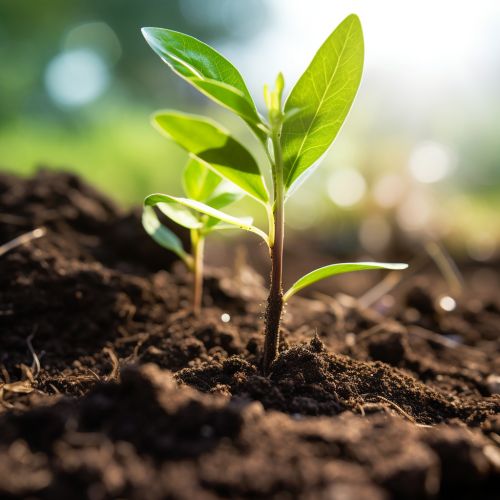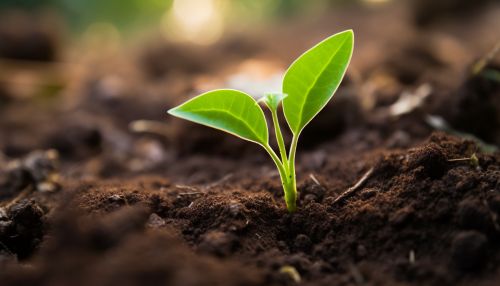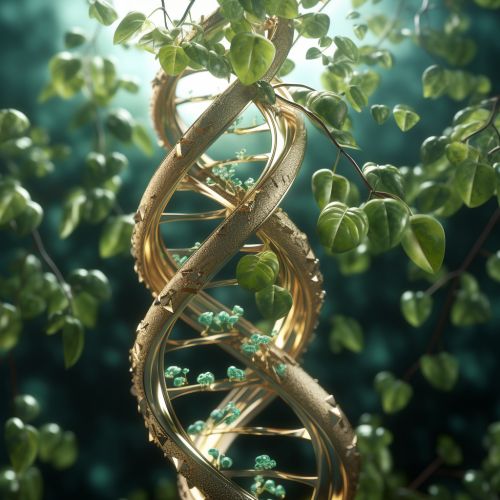The Biological Mechanisms of Plant Growth
Introduction
Plant growth is a complex biological process involving a multitude of cellular processes and biochemical reactions. It is a result of the coordinated actions of various plant hormones, environmental factors, and genetic controls. This article delves into the intricate mechanisms that govern plant growth, shedding light on the cellular, molecular, and biochemical aspects of this fascinating process.


Cellular Mechanisms of Plant Growth
Cell Division
Plant growth begins at the cellular level with the process of cell division. In plants, this primarily occurs in regions known as meristems, which are areas of active cell division. The two main types of meristems are apical meristems, located at the tips of roots and shoots, and lateral meristems, which contribute to the thickness of the plant.
Cell Elongation
Following cell division, plant cells undergo a process called cell elongation. This process, driven by water uptake and the loosening of the cell wall, results in the increase in size of the plant cell, contributing to the overall growth of the plant.


Cell Differentiation
The final step in the cellular mechanism of plant growth is cell differentiation. This is the process by which cells develop specialized structures and functions. In plants, cell differentiation leads to the formation of various tissues and organs, such as leaves, stems, and roots.
Biochemical Mechanisms of Plant Growth
Role of Plant Hormones
Plant hormones, also known as phytohormones, play a crucial role in regulating plant growth. These include auxins, gibberellins, cytokinins, abscisic acid, and ethylene. Each of these hormones influences various aspects of plant growth, from cell division and elongation to the timing of flowering and fruiting.


Photosynthesis and Plant Growth
Photosynthesis is a fundamental biochemical process that fuels plant growth. It involves the conversion of light energy into chemical energy, which is then used to synthesize organic compounds from carbon dioxide and water. These organic compounds, primarily sugars, serve as the primary source of energy and building blocks for plant growth.
Genetic Control of Plant Growth
Plant growth is also governed by the plant's genetic makeup. Genes control the production of enzymes and hormones that regulate growth, as well as the timing and pattern of growth. The study of these genetic controls falls under the field of plant developmental biology.


Environmental Factors Influencing Plant Growth
Environmental factors, such as light, temperature, water, and soil nutrients, significantly impact plant growth. For instance, light influences photosynthesis and photoperiodism, the latter of which controls flowering in many plants. Temperature affects metabolic rates, while water and soil nutrients are essential for various biochemical processes.
Conclusion
Understanding the biological mechanisms of plant growth is crucial for advancements in agriculture, horticulture, and environmental science. It allows for the development of strategies to enhance crop yield, improve plant health, and conserve plant biodiversity.


